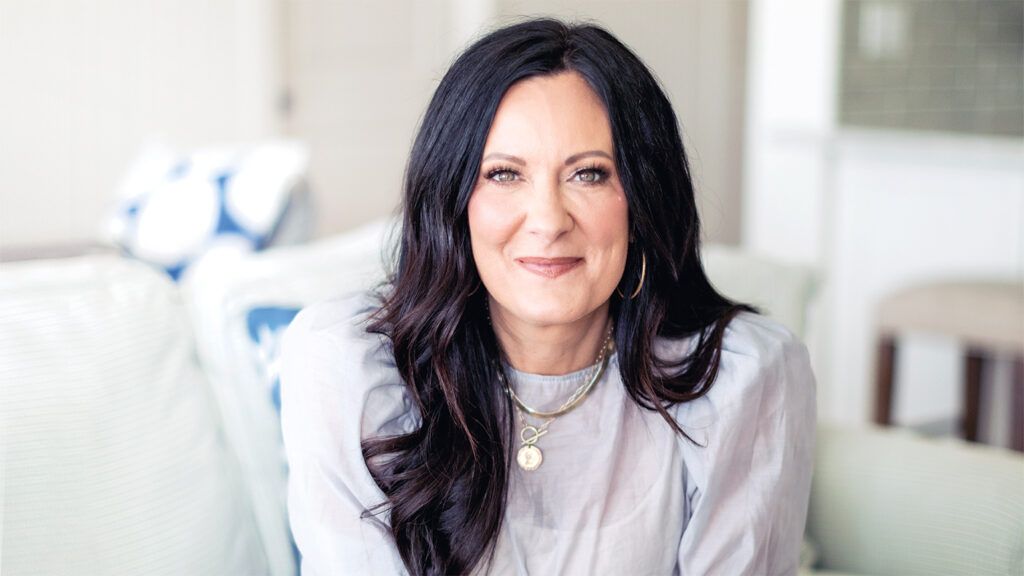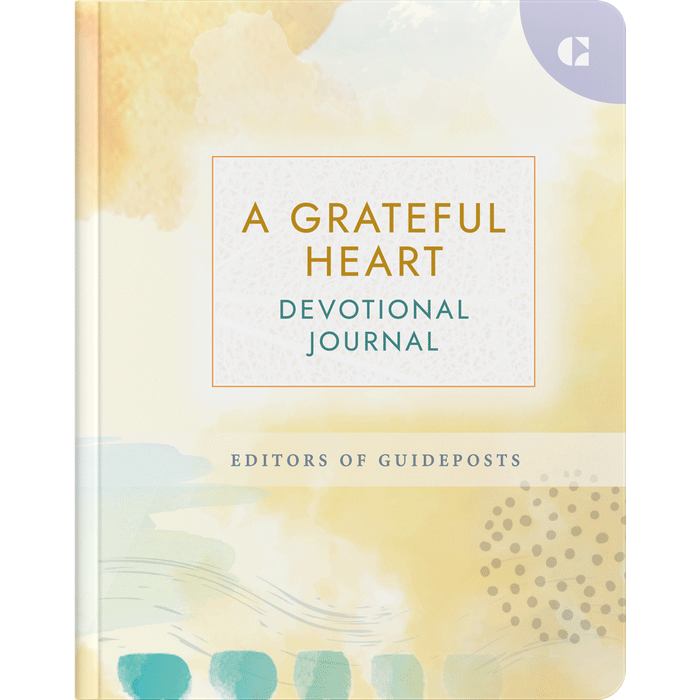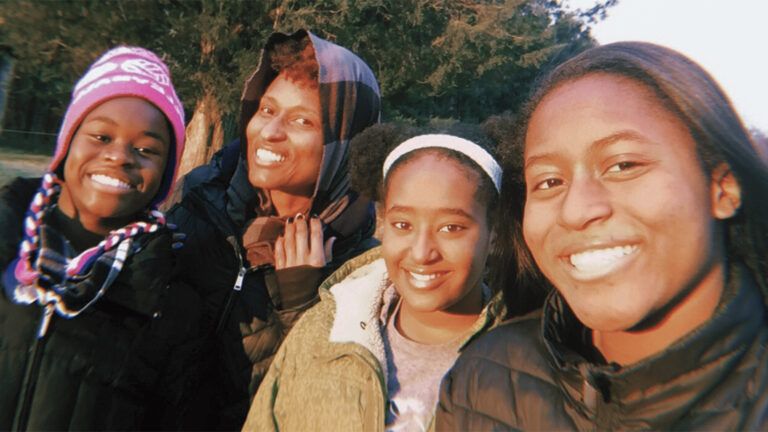Lysa TerKeurst is the president of Proverbs 31 Ministries and the best-selling author of more than 25 books. Her newest, Good Boundaries and Goodbyes: Loving Others Without Losing the Best of Who You Are, was born out of her own personal struggles, extensive theological research and therapeutic experiences that transformed the way she defined and pursued healthy relationships.
1. Why are boundaries so crucial to our spiritual well-being?
I’ve learned that when there’s chaos, there’s usually a lack of healthy boundaries. Many of us experience chaos in relationships, but we feel powerless to change what we desperately feel needs to be changed. So many beautiful principles exist about how to love people and sacrifice for people. Those are good, but I also think some of it has been taken out of context.
We don’t want to call something love when it’s enabling bad behavior. I started to ask, what are the biblical truths about having better relationships? What did God originally intend with boundaries? I found it fascinating that in Genesis chapter two, when God has the first recorded conversation with Adam, of all the topics in the world God could have chosen for that conversation, he chose a boundary.
As I studied the Bible, I found many instances of the Lord setting boundaries to protect us, not limit us. I now believe that boundaries aren’t just a good idea but God’s idea. They’ve always been a crucial part to God’s plan of bringing order to chaos.
2. You say that health cannot bond with unhealth. What does that mean?
My counselor, Jim Cress, taught me this. When one person is pursuing healthy choices in a relationship and the other person is not, there’s tension. Mental health is a commitment to reality at all costs. We have to evaluate what reality is, to acknowledge the truth. Then we can communicate what is healthy and ask the other person if they are willing to make changes so that the relationship is healthy.
If they’re unwilling or incapable, then the only option is to draw boundaries so you don’t put yourself in a situation where you need the other person to change for you to be okay. We have to remember that boundaries aren’t to shove the other person away. I put boundaries on myself and on the relationship so I can stay true to the best of who I am and who God has called me to be.
3. How can we navigate saying goodbye to a relationship?
First, we have to acknowledge that not all relationships go the distance. Some are for a season; some for a lifetime. I’ve had to say goodbye. But I’d never been taught a healthy, biblical perspective of how to say goodbye, and when and how to manage the hurt afterward. I needed to learn.
One biblical example can be seen in Paul and Barnabas, who had a sharp disagreement and parting of ways. Each had their reasons and their perspective. I’m sure it wasn’t what they wanted. It happens to us in relationships today. But there is an indication Paul kept his heart soft even when the relationship never looked quite the same. There’s a lot we can learn from that. We can’t control the other person and prevent them from walking away, but we can make sure the hurt doesn’t become the defining mark of our life or a destructive force in our heart.
For more inspiring stories, subscribe to Guideposts magazine.





